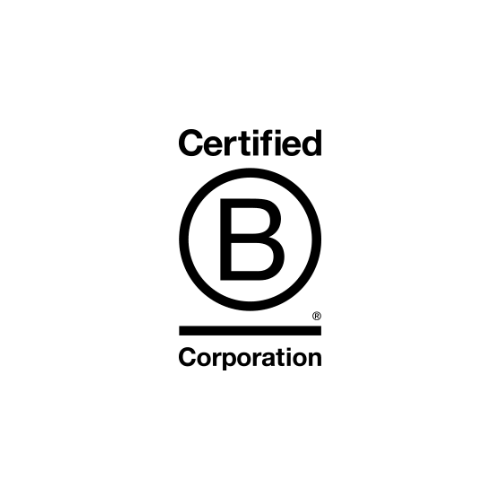The Collagen Conundrum: Why Fish-Based Alternatives Are Making Waves in Sustainable Beauty

Collagen supplements have become a staple in many beauty and wellness routines, promising youthful skin, stronger nails, and healthier hair. However, the soaring popularity of bovine collagen is casting a shadow on our environment, particularly in Brazil’s Amazon rainforest. As consumers become more eco-conscious, it’s time to dive into the environmental impact of collagen sources and explore why fish-based collagen is emerging as a more sustainable alternative.
The Dark Side of Bovine Collagen
The global collagen market, valued at around $4 billion, has been largely dominated by bovine collagen[1]. While often marketed as a “byproduct” of the cattle industry, this claim is increasingly scrutinized. In Brazil, where 80% of Amazon forest loss is attributed to cattle farming, the demand for bovine collagen is exacerbating deforestation[1].
A recent investigation has uncovered a troubling link between cattle raised on farms contributing to tropical forest destruction and the international collagen supply chains[1]. This connection extends to major brands, including some owned by industry giants [1]. The environmental cost is steep – forests are being cleared for pastures, often through illegal land seizures, to meet the growing demand for beef, leather, and collagen[1].
Unlike other commodities such as beef and soya, collagen remains exempt from upcoming due diligence regulations in the EU and UK targeting deforestation[1]. This lack of oversight allows the industry to operate with minimal environmental accountability.
Many marketers of bovine collagen supplements tout consumer-friendly terms such as “grass-fed” which is a narrowly regulated term that shadows the darker side of the cattle industry.
The Sustainable Shift to Fish-Based Collagen
As the environmental concerns surrounding bovine collagen come to light, fish-based or marine collagen is gaining traction as a more eco-friendly alternative. Here’s why:
- Reduced Deforestation Impact: Unlike bovine collagen, marine collagen production doesn’t contribute to land clearing or forest destruction[3].
- Utilization of Fish Byproducts: Marine collagen is often sourced from fish skin and scales, which are typically discarded in the seafood industry. This upcycling approach reduces waste and maximizes the use of existing resources[3].
- Lower Carbon Footprint: Based on a life cycle assessment by Bend Beauty it was determined that collagen sourced from fish skins have 1/10 the carbon footprint of bovine collagen sourced from South America.
- Biodiversity Preservation: By utilizing fish byproducts, marine collagen production doesn’t put additional pressure on wild fish populations, helping to preserve marine biodiversity[5].
Making the Switch: What Consumers Like You Can Do
As conscious consumers, we have the power to drive change through our purchasing decisions. Here are some steps you can take:
- Choose Marine Collagen: When shopping for collagen supplements, opt for those derived from fish sources.
- Research Brands: Look for companies that prioritize sustainability and transparency in their sourcing and production methods.
Bend Beauty’s Marine Collagen + Co-Factors is the ideal choice for transparency, sustainability, and taste.
The beauty industry is at a crossroads, and the choices we make today will shape the environmental landscape of tomorrow. By opting for fish-based collagen and supporting sustainable practices, we can nurture our beauty routines while protecting our planet’s precious ecosystems.
Citations:
[1] https://www.theguardian.com/environment/2023/mar/06/collagen-linked-brazilian-deforestation
[2] https://www.usatoday.com/story/life/health-wellness/2023/03/09/vitamins-collagen-latest-beauty-fad-how-may-impact-climate/11419236002/
[3] https://www.womenshealthmag.com/beauty/a44717102/collagen-supplements-environmental-impact/
[4] https://planetpaleo.co/blogs/blog/sustainability-of-collagen-supplements
[5] https://plantbasednews.org/news/environment/collagen-ethical-environmental-costs/

